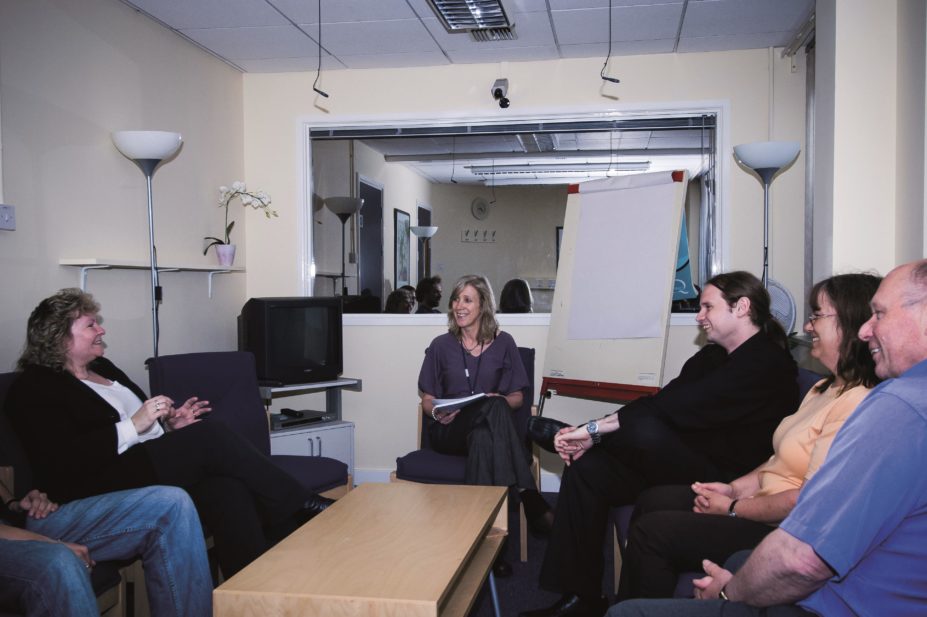
Roger Askew | Alamy.com
Few members of the public understand the concept of antibiotic resistance or that it is something that could affect them, according to the authors of a report[1]
commissioned by the Wellcome Trust.
Researchers from consultancy firm Good Business conducted in-depth interviews with 16 people and focus groups with 66 people in London, Manchester and Birmingham in March and April 2015. Participants had taken antibiotics in the past 12 months. Most people, if they had heard of antibiotic resistance, thought it was when their body becomes resistant to antibiotics, rather than bacteria that cause infections becoming resistant to the drugs.
People are more likely to understand the terms ‘drug-resistant infections’ or ‘antibiotic-resistant germs’ than the term ‘antibiotic resistance’, the research suggests. And warning that antibiotic resistance will result in millions of deaths worldwide and cost the world’s economy trillions of dollars does not resonate with the public. Presenting real-life examples of how antibiotic resistance could affect members of the public or their families, with reference to specific bacterial infections and the illnesses they cause, has more resonance.
“Wider awareness of the problem of drug-resistant infections could be an important part of the solution, as people who appreciate the issue should be more likely to accept medical advice when antibiotics aren’t the right option for them,” says Mark Henderson, head of communications at the Wellcome Trust. “It was encouraging to see that a small shift in language, from ‘antibiotic resistance’ to ‘drug-resistant infections’, could do so much to build this understanding.”


